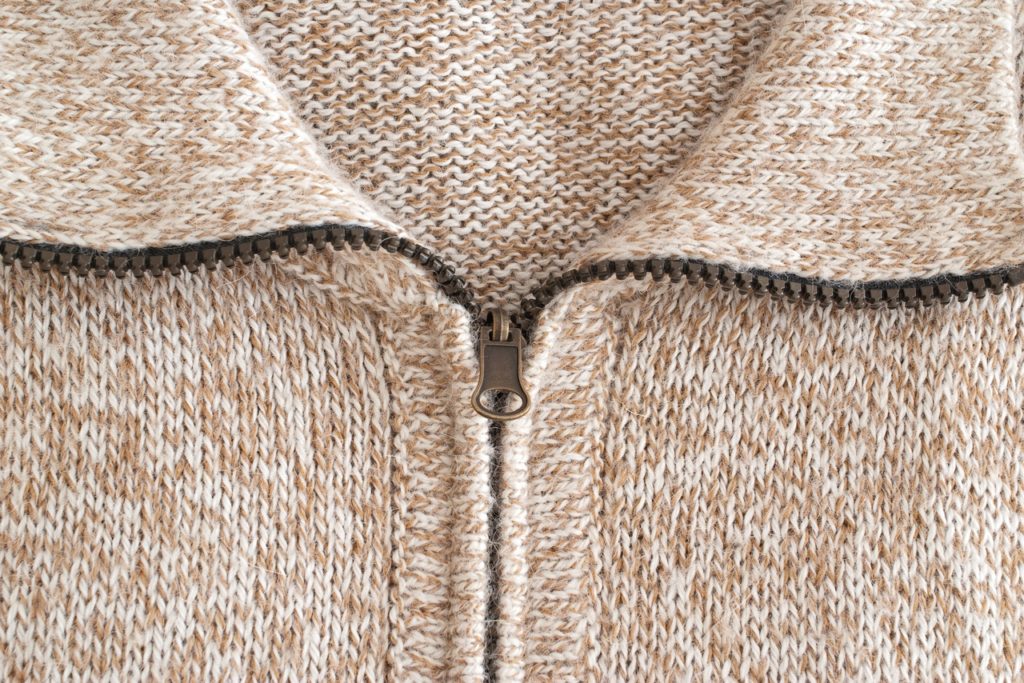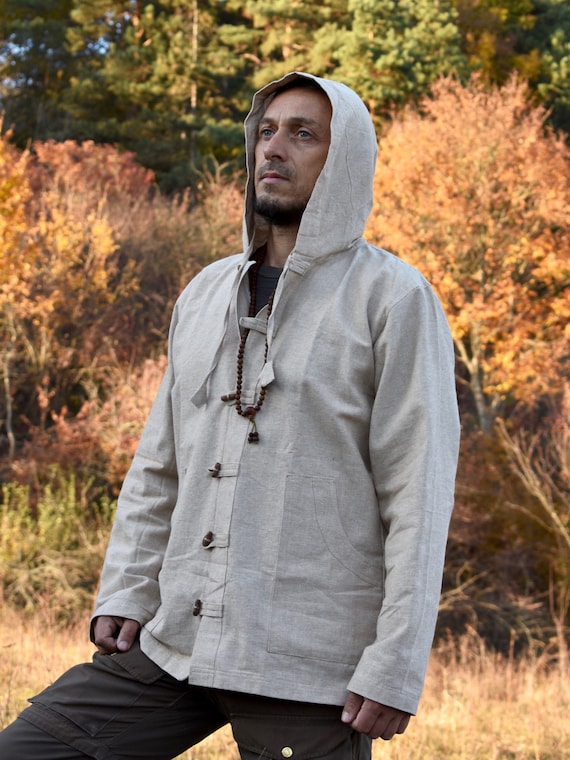Recommended News On Choosing Hemp Clothing
Wiki Article
Why Is Hemp More Biodegradable And Resilient, And Regenerative Than Cotton For Example?
The inherent properties of hemp and the method of growing it, make it more biodegradable and long-lasting than cotton. Here's why- Biodegradability-
Natural FiberNatural Fiber Hemp is a natural plant fiber, and its fibers are biodegradable. Textiles and clothing made from hemp naturally decompose when discarded. They return to the earth, without leaving long-lasting residue. This is different from synthetic fibres, such as polyamide that can break down over the course of hundreds of years.
Hemp textiles are free of synthetic additives The majority of Hemp fibers typically do not contain any synthetic additives. However, certain cotton textiles may be treated with synthetic chemicals for example certain dyes or finishes, which could delay the biodegradation process.
Durability-
Hemp fibers can be characterized by their strength and endurance. Hemp clothing and textiles are less prone to wear and tear which makes them more durable compared to some cotton products. The durability of hemp clothing allows it to endure a greater number of washes and wear cycles without showing indications of wear and tear.
Hemp fabric is less likely to pill than cotton. This is a factor that contributes to their longevity and quality.
Regenerative Agriculture-
Soil Quality Hemp can be regenerative when it is grown in a sustainable manner. Hemp cultivation sustainably has a deep-rooted system which helps to stop soil compaction. This root system can also help prevent erosion. Regenerative properties will make the soil better suitable to future crops.
Low environmental impact - Sustainable hemp farming methods employ a minimal use of herbicides and pesticides which minimizes the damage to the environment. The cultivation of cotton using synthetic chemicals is more likely to cause degrading of the soil and water.
Water Efficiency-
Hemp needs less water for growth than cotton. The fact that hemp is drought-resistant allows it to grow even in conditions of low water or rain. This makes it the ideal choice for those where water is scarce, such as those that are dry.
Hemp can be easily incorporated in crop rotations that improve the health of soil. It can also reduce the chance of disease accumulation and soil depletion. In cotton farming, the practice of rotating crops is less widespread.
Hemp is a versatile material that can be used to a variety of products including building materials, clothing, textiles and paper. The versatility of hemp means that it is able to support a variety of industries using sustainable practices that are regenerative and sustainable.
While hemp can provide these advantages, it is also important to know that both cotton and hemp can be produced sustainably or not, based on the practices of farming and processing methods used. It is best to choose hemp products that are made using sustainable and ethical methods. This can maximize the benefits for the environment. In the same way using organic cotton could help reduce some of the environmental problems associated with conventional cotton production. View the top rated my response for hemp clothing for blog tips including dash hemp clothing, hemp apparel fabric, 100 hemp shirt, hemp clothing wholesale, hemp jeans mens, hemp mens jeans, hemp polo shirts, hemp jeans, hemp apparel, hemp sportswear and more.

What Is The Benefit Of Hemp Clothing In Terms Of Performance And Design Than Traditional Fibres.
Hemp clothing is an eco-friendly alternative that provides many functional and technical benefits over traditional fibers. Hemp clothing offers several advantages which make it an ideal environmentally friendly and high-performance option.
Hemp fibers are extremely air-tight and moisture-wicking, which makes hemp clothing comfortable to wear under a variety of conditions. They help wick moisture away from the body. This will keep you dry and cool in hot weather. They also reduce the chance of odors and bacterial growth.
Regulation of Temperature Regulation-
Hemp clothing is a great thermoregulatory characteristics. It will keep you warm during cool temperatures by trapping body heat and assisting to keep cool in hot temperatures when moisture and heat can escape. Being able to control your body temperature naturally will help you avoid changing clothes frequently.
Durability & Longevity
Hemp fibers are a durable material. Clothing made from hemp is more durable and able to wear than clothing constructed from other fibers like cotton. This means that hemp clothing will last longer, which reduces the need for replacements and, therefore the environmental impact.
UV Protection
Hemp fibers protect skin from UV radiation by providing the skin with UV protection. This is especially beneficial when you are doing outdoor sports or activities.
Biodegradability:
Hemp clothing is biodegradable. It will degrade naturally in time. The impact on the environment of textiles is reduced by this characteristic, in contrast synthetic fibers, which could stay in landfills over many years.
Low Environmental Impact-
Hemp farming generally uses less chemical pesticides and herbicides that traditional cotton. Hemp also requires less water, which makes it a green alternative. This green aspect is further enhanced by organic farming.
Carbon Sequestration
Hemp plants are able to capture carbon dioxide in the atmosphere as they develop. This is why hemp can be used as a carbon sink to aid in reducing greenhouse gas emissions.
Sustainable Crop Rotation
Hemp can also be added to the crop rotation systems. This helps improve the health of soils while decreasing the chance of disease development and soil loss. This method of sustainable farming helps to reduce the environmental impact.
Versatility:
To create fabric blends that are eco-friendly and high-performance hemp fibers can be incorporated with other materials such as organic cotton and recycled Polyester. This flexibility allows textiles to be innovative and environmentally sustainable.
Low Toxicity-
Hemp is naturally low in toxic and does not require extensive processing using chemicals to make it, thus reducing environmental impacts.
Apart from hemp's numerous practical and environmentally friendly benefits, it is important to keep in mind that sustainability of clothes may be affected by other elements like dyeing techniques and transportation methods, as well as ethical labor practices. To make sustainable choices, consumers should look for clothing brands that are committed to sustainability integrity, transparency, and ethical manufacturing practices while using hemp or other sustainable fibers in their designs. Take a look at the most popular hemp clothing tips for more advice including hemp denim, womens hemp clothing, patagonia hemp pants, hemp and cotton fabric, women's all seasons hemp canvas bomber hoody jacket, hemp yoga pants, wholesale hemp fabric, hemp polo shirts, hemp tee shirts, hemp coat and more.

What are the differences in hemp and bamboo fibers
The two fibers from plants, hemp and Bamboo are utilized in the production of textiles, and each has their distinct characteristics and properties. These are the main differences between bamboo and hemp fibers. Plant Source-
Hemp fibers are derived from outer bast fibers of the stalks. Hemp is an adaptable and fast-growing crop that has been utilized in many ways throughout history.
Bamboo Fibers of Bamboo are made by the cellulose of bamboo plants. Bamboo is recognized as grass species that has rapid growth, as well as its capacity to regenerate rapidly.
2. Fiber Characteristics
Hemp- Hemp fibers are known for their durability and strength. Hemp fibers are among the most durable natural fibers, and soften with each wash which makes them ideal for long-lasting textiles.
Bamboo Fibers- Bamboo fibers are known for having a silky, soft texture. Although they aren't as strong as hemp fibres, and are more delicate in certain instances however their suppleness on the skin is highly appreciated.
3. Texture-
Hemp fabric is a bit coarse and has a rough feeling. This is evident in its raw state. It's soft, but it is different from bamboo.
Bamboo- Bamboo material is soft, smooth, and silky. It is described as having the feel of cotton and silk.
4. Breathability and Moisture-Wicking-
Hemp- Hemp is naturally breathable. It also absorbs moisture. They can help keep your body dry and cool in hot temperatures.
Bamboo Fibers- Bamboo fibers have the highest level of breathability and moisture wicking. They contain micro-gaps, which increase their capacity to regulate temperature and humidity. This helps you stay at ease in all circumstances.
5. Environmental Impact-
Hemp Hemp can be regarded as an eco-friendly fiber because of its fast growth rate, low need for water and resistance against insects. These attributes make it less necessary to use herbicides or pesticides. Hemp can also capture carbon in its growing process.
Bamboo's sustainable nature is widely known. It is fast growing and requires minimal water and does not require synthetic pesticides. Moso is one of the bamboo varieties that is most sustainable.
6. Processing-
Hemp- Hemp fibers require an extensive process to separate the outer bast fibers from the inner woody core. Processing may include retting or decortication, as well as mechanical separation.
Bamboo- Bamboo fibers can be obtained using a chemical called the viscose or rayon process. It involves using chemical substances to degrade the bamboo fiber. Some bamboo textiles however, utilize closed loop processes to help reduce the waste of chemicals.
7. Versatility-
Hemp- Hemp can be utilized to create a variety of items, such as clothes, textiles paper and other building materials.
Bamboo- Bamboo is primarily used in the production of clothes and textiles. But, it may also appear in other products such as bed linens and towels.
Bamboo and hemp are distinct and offer sustainability advantages. Pick between bamboo and hemp based on the qualities and qualities you're searching for, as well as your environmental preferences. Read the top bamboo clothing for website tips including kyte pajama, bamboo sports clothing, short sleeve bamboo pajamas, checkered bamboo pajamas, bamboo material clothing, bamboo shirt, bamboo pajama pants, bamboo pants mens, bamboo cotton t shirts, bamboo viscose pajamas and more.
